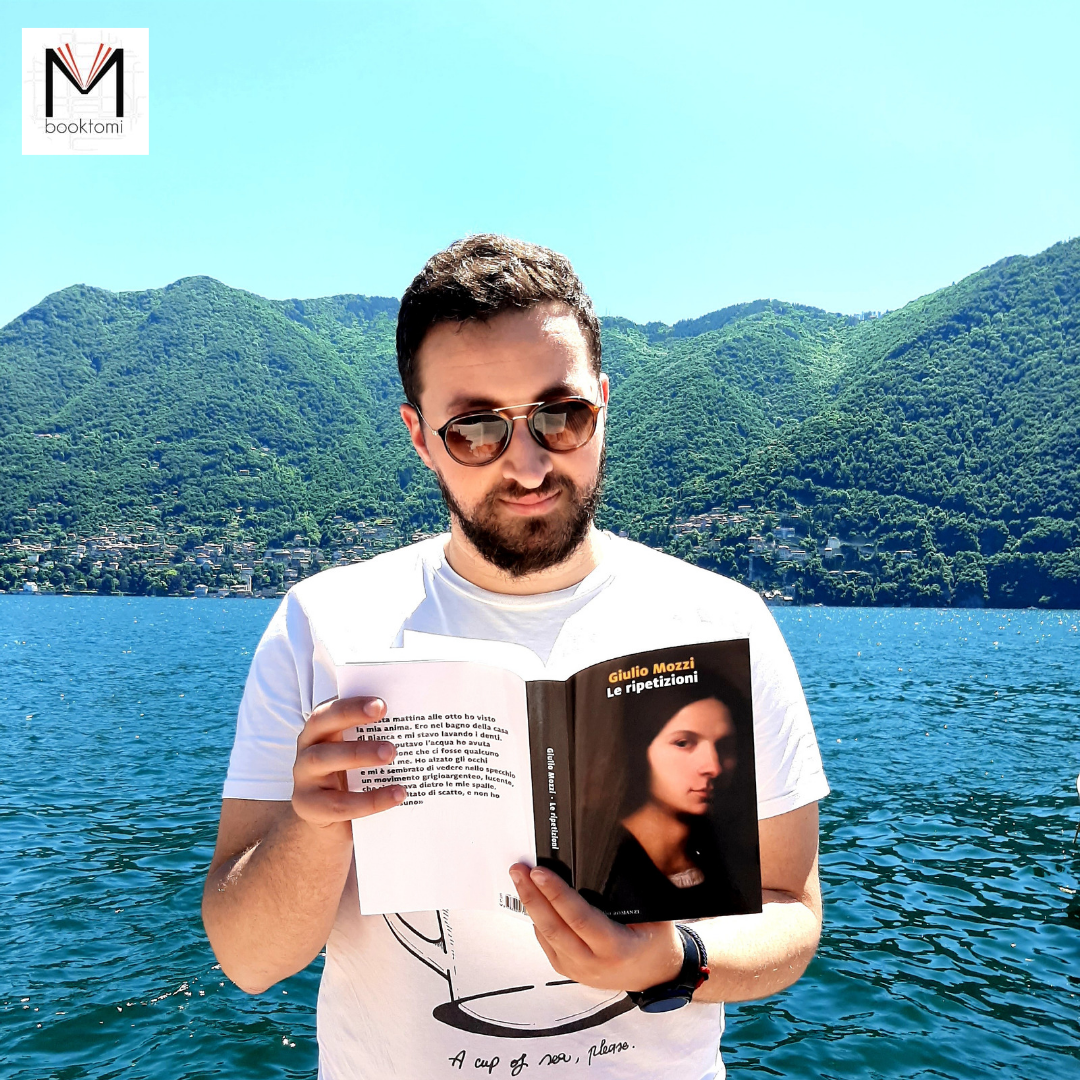“What do you think I am, am I your good or am I your bad?”
If you want to be tested by a book, here is the right reading for you.
Dear readers, take this as a test to really be defined as such. We ask you explicitly: are you ready to enter Mario’s thoughts? In his obsessions, in his obsessive and repetitive thoughts? And what if you discover that you could be like Mario? Because yes, it can be.
The book asks us a clear question, indeed it throws it in the face of all of us: who are we with our name, with our faces printed more and more often in photographs? Are we really that name that is on our identity card? The answer is no, we are the repetitions of our thoughts and the masks we put on in the lives we keep standing among family – or families – friends and colleagues.
Mario is a man who has declined himself in three different lives and lives them with the only way he knows: with his own body. Mario knows the world and lives it through his own body, with which he has an obsessive and compulsive relationship, and his own skin; he does not know what love is, he knows only one way to love, only sex and the constant repetitions of the latter. If we are normally used to relating to the world through words, Mario relates to it through sex because it is the only way he has to enter it.
The protagonist, as you may have already guessed, is the most controversial we can find in our contemporary literature: are we on Mario’s side or not? Is Mario good or bad? Here are other questions: What is right or wrong? What is good or not? What is real and what is just our obsession? Can we trust our memories?
The narrator does not hide from us anything of the thoughts that cross the disputed protagonist and we had the sensation of finding ourselves among the pages of our twentieth-century literature, between a Pirandello or a Svevo, who led us without fear into the less reassuring meanders of the mind of the human being. Necessary note: although there is nothing reassuring in the story told, the book is read with a fluidity that contrasts with every hidden and horrid aspect of Mario’s life. Despite the theme, the reading is smooth and extremely enjoyable. This is why we accepted, as readers, the challenge of reaching the last page where the risk is to remain speechless; for this we praise the talents of Giulio Mozzi who we classify as a writer of the highest level for the ability to keep us glued to the pages of a difficult story, with an arched syntax – as we are almost no longer used to it – but clear.
If you are a comfortable reader who needs a simple bedtime story, we recommend that you read The repetitions to get out of any certainty!
____________________________________________________________________________________________________
Giulio Mozzi, The repetitions, Marsilio, Venezia, 2021




